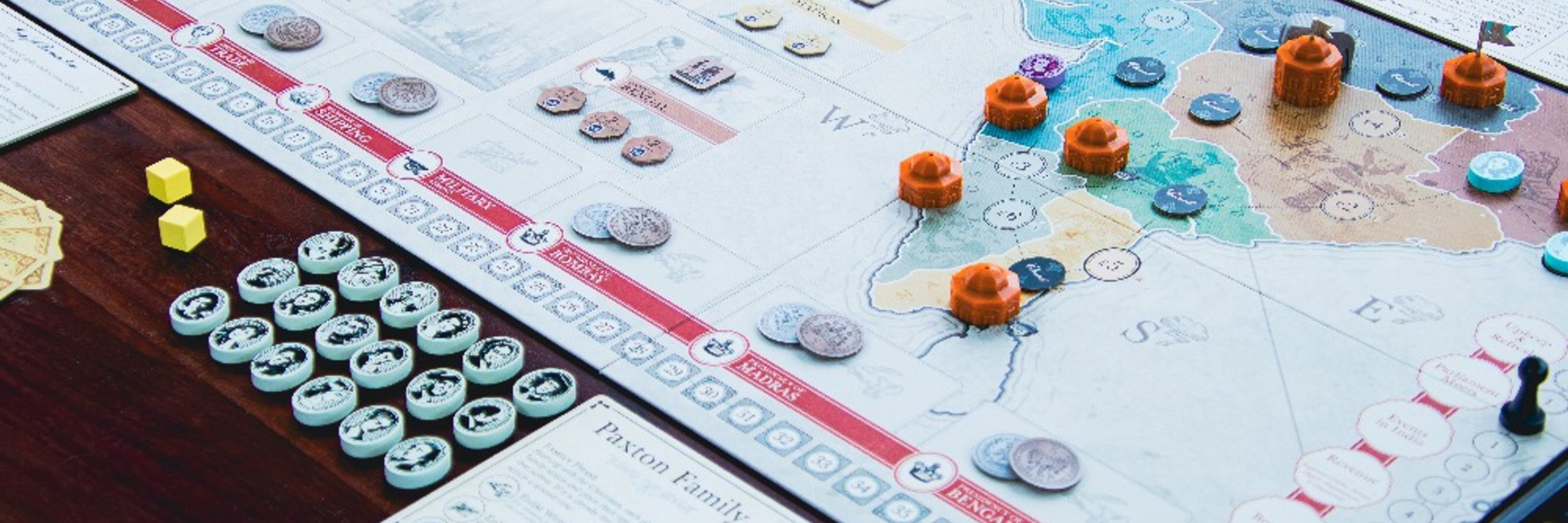Cole Wehrle
@colewehrle.bsky.social
5.7K followers
260 following
550 posts
Game designer focusing on strategy games with strong emergent narratives. Half of Wehrlegig Games. Creative director at Leder Games. Voracious reader of just about anything I can get my hands on.
Posts
Media
Videos
Starter Packs
Pinned




